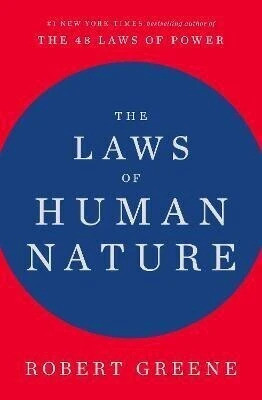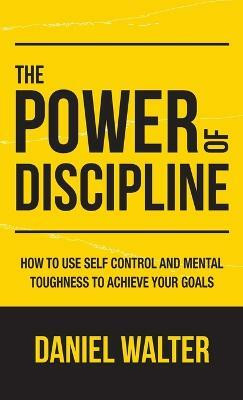
Herbert Hoover (English, Paperback, E. Leuchtenburg William)
Share
Herbert Hoover (English, Paperback, E. Leuchtenburg William)
Be the first to Review this product
₹2,907
₹3,060
5% off
Coupons for you
T&C
Available offers
T&C
T&C
T&C
Delivery
Check
Enter pincode
Delivery by25 Jul, Friday
?
View Details
Highlights
- Language: English
- Binding: Paperback
- Publisher: Times Books
- Genre: History
- ISBN: 9780805069587, 9780805069587
- Pages: 192
Services
- Cash on Delivery available?
Seller
Description
Catapulted into national politics by his heroic campaigns to feed Europe during and after World War I, Herbert Hoover - an engineer by training - exemplified the economic optimism of the 1920s. As president, however, Hoover was sorely tested by America's first crisis of the twentieth century: the Great Depression. Renowned New Deal historian William E. Leuchtenburg demonstrates how Hoover was blinkered by his distrust of government and his belief that volunteer ism would solve all social ills. As Leuchtenburg shows, Hoover's attempts to enlist the aid of private sector leaders did little to mitigate the Depression, and he was routed from office by Franklin D. Roosevelt in 1932. From his retirement at Stanford University, Hoover remained a vocal critic of the New Deal and big government until the end of his long life. Leuchtenburg offers a frank, thoughtful portrait of this lifelong public servant, and shrewdly assesses Hoover's policies and legacy in the face of one of the darkest periods of American history.
Read More
Specifications
Book Details
| Imprint |
|
Dimensions
| Width |
|
| Height |
|
| Length |
|
| Weight |
|
Be the first to ask about this product
Safe and Secure Payments.Easy returns.100% Authentic products.
Back to top







